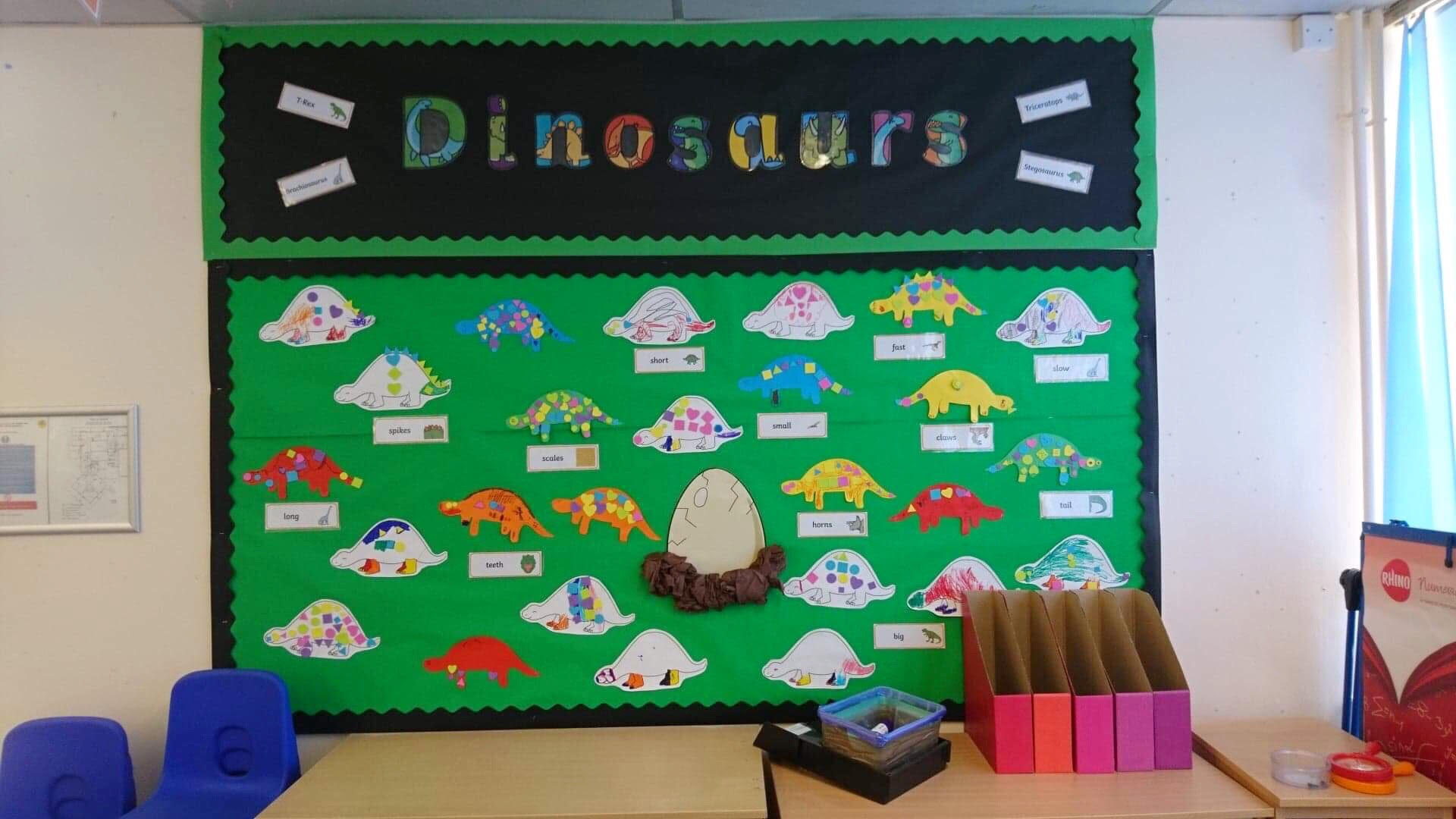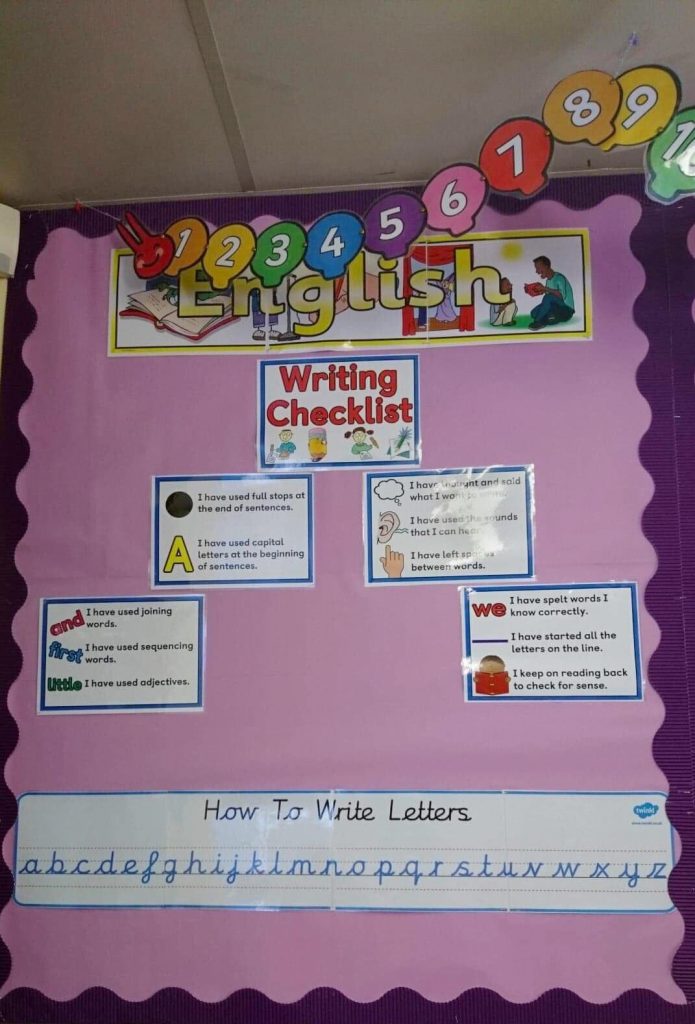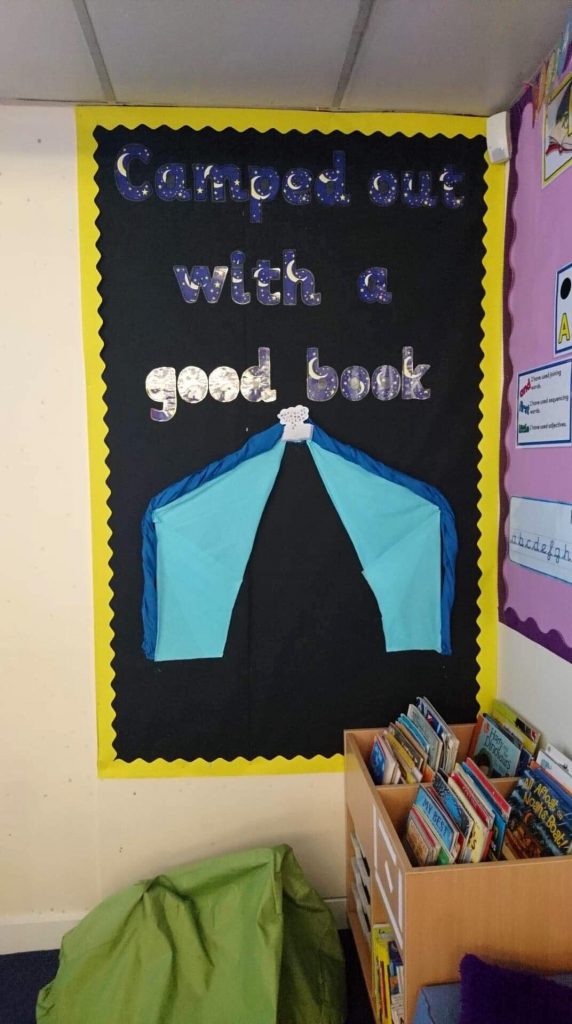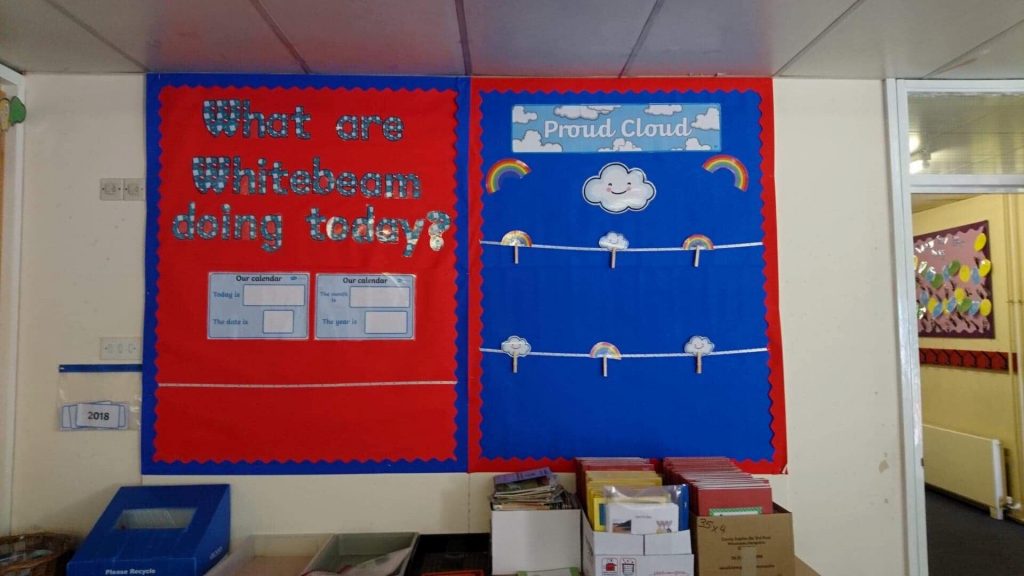
Welcome to the first of our new blog series: On the Job!
Everyone uses English differently, especially at work. Different jobs involve different levels and types of communication. We thought it would be interesting to see for ourselves. We will be interviewing people across different professions to see how they use English at work.
First up is Nic, a primary school teacher from the south of England.
How do you use English differently at work than at home?

I spend most of my time at work talking to young children which definitely requires a different use of English than talking to other adults in my family at home. The language I use at work ranges from the basic and simplified English I use to communicate with pupils (especially those who do not have English as their first language) to detailed and job-specific communication with my colleagues and management. The way I use English at work is mostly for the purpose of relaying information. When I’m teaching I use a lot of instruction and questioning. Whereas when I’m talking with colleagues, I’ll use English to relay important information, often using specific vocabulary. As I am teaching, I tend to be careful in making sure I use standard English as much as possible to encourage my pupils to do the same in their writing. Use of proper grammar and standard English is a large focus of the national curriculum so I do my best to lead by example. I probably don’t use the same level of English at home; I think I definitely relax the formal side of grammar in speech. In terms of writing, four years of university has meant I can’t help but write fairly formally all the time.
How much of your job involves communication? Is it an important part of your job? Roughly how many work-related conversations do you have in a normal working day, and who with?
Pretty much all of my job is communication! I’m a year one teacher so the most important part of my job is communicating with five-year-old children. This includes the actual teaching of the class as well as helping them communicate their feelings and questions. I would say nearly all of the conversations I have with colleagues at school are work related. Work related conversations range from quick chats about how that mornings lesson went to detailed meetings about pupils’ progress or issues that have occurred. These conversations happen between me and the other year one teachers, the management team and leadership such as special needs coordinators.
Are there any words/jargon that are specific to your trade? Did you learn them on the job? When do you use jargon? When do you avoid using it?
Loads! Education is full of abbreviations and terms. Most of them I learnt as part of my teacher training but some can be school specific. For example, when creating plans to support pupils with additional needs in school, some schools use the term IEP (individual education plan) while some use PLP (personalised learning plan). This sort of jargon is typically used by all school staff, especially between teachers and senior management. I tend to avoid using jargon and abbreviations when I’m talking to parents of my pupils. This is mostly because the terms and abbreviations don’t necessarily make it easier for me to explain what I need to say to them.
 In your job, how important is non-verbal communication?
In your job, how important is non-verbal communication?
Non-verbal communication is relatively important in teaching. My body language and facial expressions to the children has to be open and warm but also maintain a certain level of authority. I also sometimes have to relay things to my learning support assistant without explicitly stating it in front of pupils. In terms of this, teachers often have to develop or improvise an interesting non-verbal communication of eye contact and gestures.
Has your communicative style changed since university?
I think my style of written communication was formed at university. My degree was very essay based and that meant I adapted a tone that carried over into my postgraduate course and how I write to other people e.g. lecturers at uni or management now in school. My verbal communication hasn’t changed much since university beyond the fact I now talk mostly to children. I don’t think university had much impact on my communication because I surrounded myself with people who were very similar to me to start with!
Have you ever been involved in an incident (however minor) where miscommunication has caused a problem?
Not that I can think of in my current job. There have been times when a lesson plan or message has been slightly open to interpretation but often that’s just part of teaching, you have to put your own style into it. Before qualifying as a teacher, I worked in a library and miscommunication with the public was often an issue there. Nothing major ever came of it though!
And now for a few fun questions …
What did you want to be when you were growing up?
Initially an astronaut! But realistically I saw myself working with children so I thought I wanted to be a teacher, glad to say I made it.
What do you consider your greatest achievement?
I think my greatest achievement is getting a 1st in my psychology degree while maintaining a job and a long-distance relationship. It was definitely all worth it!
Where do you see yourself in 5 years?
Hopefully an established class teacher, potentially looking to management within a primary school.

Thanks for answering our questions, Nic!


